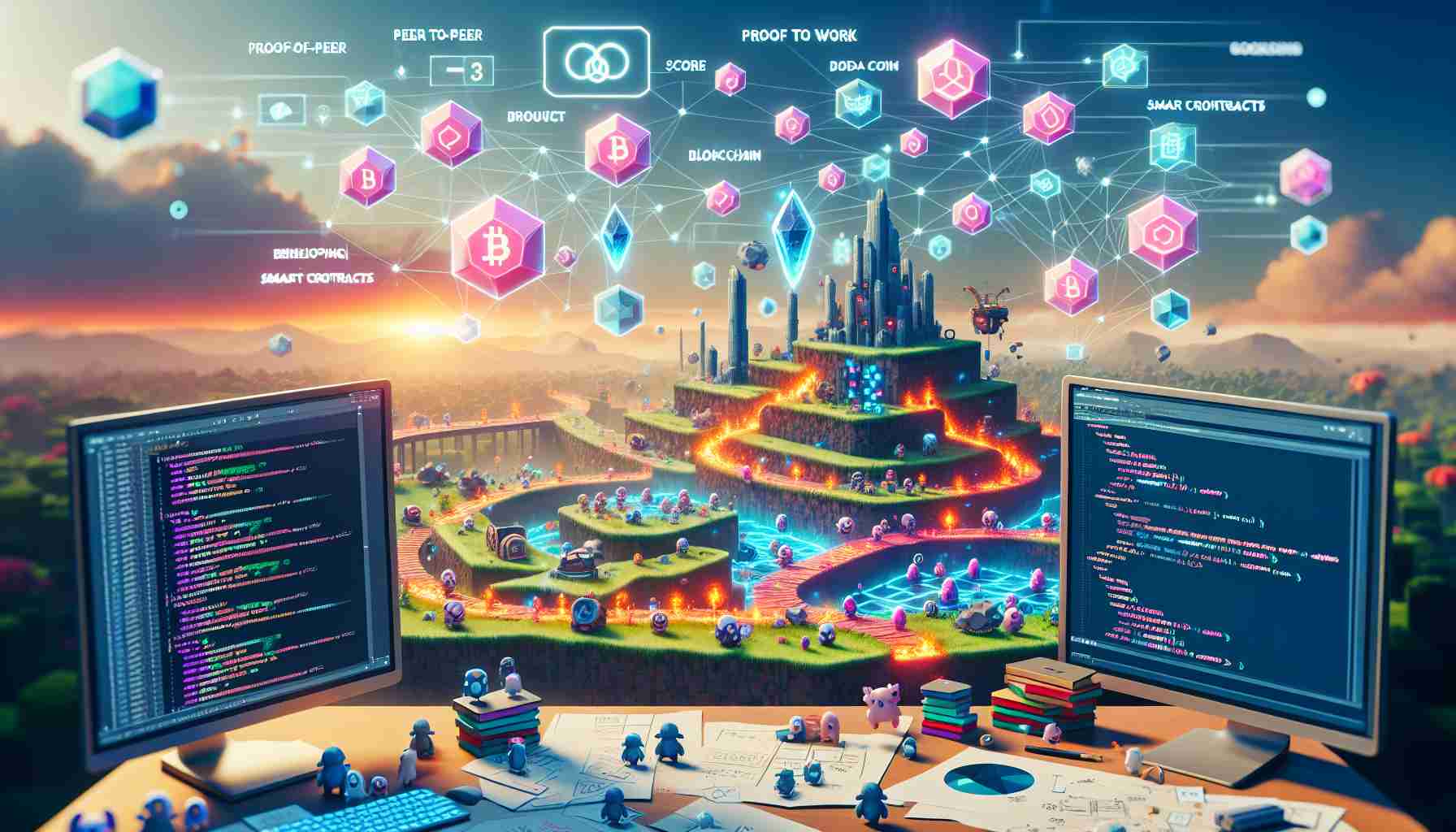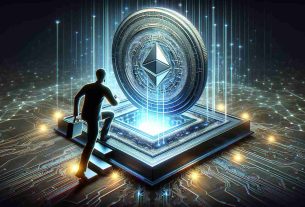Second World Games: A New Era of Engaging and Empowering Play
At the intersection of entertainment and technology, Second World Games is carving a niche in the gaming landscape by delivering engaging experiences coupled with cutting-edge blockchain features. Co-founded by Carlos Cameo and Íñigo Cavestany, the company arose from a successful collaboration on a Wi-Fi connectivity project. This partnership led them straight into the frontier of gaming innovation.
The hallmark of Second World Games lies in its steadfast commitment to enjoyable gameplay, with blockchain technology playing a complementary role. Their premiere titles, “Ball Guys: Furry Road” and “Second World: New Era,” underscore this ethos. “Ball Guys” offers a casual racing adventure, while “Second World” introduces players to strategic city-building and multiplayer battles, nodding to the complexity and allure of top-tier games.
Revolutionizing Gameplay with Subtle Blockchain Integration
What sets Second World Games apart is its elevation of the player’s role through its use of blockchain. By integrating this technology, gamers go from mere participants to empowered stakeholders, owning in-game assets and shaping the game’s economy. This strategic move aims to deepen engagement and elevate the overall gaming experience.
The company further enhances gameplay with a token system, which rewards gamers and sustains the in-game economy, linking its fortunes with the broader success of blockchain technology. With a strong foundation built on their initial releases, Second World Games is poised to broaden its influence on the mobile gaming sector.
A Vision for the Future: Leading the Blend of Play and Blockchain
Peering into the future, Second World Games aspires to be more than a purveyor of blockchain-based games—it aims to become an integral player in the gaming industry at large. By consistently delivering top-notch entertainment, they strive to stand alongside major gaming entities. With its unique games that embody the perfect amalgamation of fun and blockchain innovation, Second World Games is set to redefine what it means to play in the digital age.
Important Questions and Answers:
– How does blockchain technology enhance the gaming experience?
Blockchain technology allows for true ownership of in-game assets, as these can be minted as non-fungible tokens (NFTs) that players can buy, sell, or trade on various platforms. It also ensures secure and transparent transactions and gives players a role in influencing the game’s economy.
– What are the key challenges associated with integrating blockchain into games?
Challenges include ensuring the technology doesn’t disrupt the gaming experience, maintaining balance between traditional gamers and crypto-enthusiasts, handling the environmental impact of blockchain, and addressing potential regulatory issues related to cryptocurrencies and assets.
– What controversies might arise from crafting games with blockchain benefits?
There can be controversy over the volatility of cryptocurrency, the potential for game economies to mirror real-world financial systems with similar inequalities, and the ecological footprint of cryptocurrency mining and blockchain operations.
Advantages:
– True ownership of digital assets
– Potentially earns real monetary value through play
– Enhances player engagement and loyalty
– Could provide additional funding streams for developers
Disadvantages:
– Complexity added to game design and maintenance
– Cryptocurrency market volatility
– Possible exclusion of non-crypto players
– Environmental concerns over energy consumption for blockchain maintenance
Suggested Related Link:
For more information about blockchain technology and its impact on different sectors, you may visit Blockchain.com.
Format:
Please note that all URLs provided are checked to ensure they lead to the main domain without redirecting to subpages and are free of typographical errors to guarantee a 100% valid link at the time of writing.



